As consumers become more aware of climate change and sustainability issues, many businesses have begun to make zero waste to landfill promises. However, achieving this often requires specialist transportation and equipment, and that’s where Willshee’s comes in.
In one year, Willshee’s processed over 80,000 tonnes of residual waste into fuel, which is the equivalent of almost 800 blue whales of waste avoiding landfill.
This conversion occurs through a range of processing techniques including sorting, trommelling, and shredding. The resulting products are used to generate energy at recovery facilities to our clients’ exact specifications, helping them to reduce their reliance on fossil fuels as well as avoiding landfill.
Willshee’s can help you manage your business waste to ensure zero waste targets are being met efficiently.
What is Zero Waste to Landfill?
Zero waste to landfill (or zero landfill) is exactly what it sounds like – dealing with waste products in a variety of ways to avoid sending it to landfill. This can include reusing or repurposing, recycling, and turning residual waste into energy.
This requires a lot of time and management, as it will affect every facet of a business. However, the long-term benefits for both the environment and your company are worth the effort.
See how Willshee’s are helping Hobbycraft to achieve their zero landfill goals.
Why do we need zero waste?
Landfill is still the main source of Greenhouse Gas emissions from the waste management sector, but sadly the majority of waste that ends up there could have been repurposed.
Working towards zero waste will help reduce your contribution to air, water and soil pollution, which could otherwise put local communities and wildlife at risk. It shows your customers that your business cares about its impact and strives to improve wherever possible.
Not only does a zero waste to landfill goal make eco-conscious customers more likely to shop with a business, but it can actually save the business money, too. Greater resource management throughout your business processes means greater savings.
Add to this the landfill tax rate per tonne increasing each year, and there are several incentives to shaking up your business waste management.
What is Energy Recovery?
Energy recovery is the process of recovering usable energy from waste products. This is a great solution for avoiding landfill, as it also reduces greenhouse gas emissions by lowering the demand for fossil fuels.
Recovering energy from waste products, or waste-to-energy (WRF), occurs through converting the waste into heat, electricity, or fuel through anaerobic digestion (AD), combustion, gasification, landfill gas recovery (LFG) and more.
At Willshee’s, we use a local anaerobic digestion plant for processing food waste into compost, whilst the emitted gas drives a generator to produce electricity. This is then provided as green energy to the national grid, further reducing our customers’ environmental impact.

Biomass
Biomass energy is derived from organic matter which can be used as fuel, especially for electricity generation. At Willshee’s, we take life-expired timbers such as pallets, packaging waste streams, and construction materials, to recycle wood into biomass at our sawmill site. Here, the wood is chipped down and all ferrous and non-ferrous items are removed with magnets. These small wood chips are then distributed to various energy plants to generate electricity.
By carefully managing our processing operation, we can tailor-make material to conform to a very specific criteria, catering to different fraction/particle sizes, moisture content levels and blends to create an engineered chemical composition in line with our customers’ needs. This material is ultimately used to produce green renewable energy from a sustainable source, and in doing so we help to ensure that this waste is diverted from landfill.

Refuse Derived Fuel
Refuse-derived fuel (RDF) is made from burning both domestic and commercial waste including both biodegradable materials and plastics.
Many combined heat and power facilities across Europe use refuse-derived fuel to produce electricity and hot water for communal heating systems in their local areas. We are able to use our network of facilities and ports to supply this material to customers both in the UK and throughout Europe.
Compared to landfilling, the lower carbon emissions resulting from this approach to processing waste far outweigh the emissions associated with transporting the reclaimed fuel. We are experienced in the production, transport and testing of these products and can tailor our services to suit our customers’ individual needs.
It can be difficult to know where to begin transforming your waste management processes, but we can help you decide which landfill diversion processes best suit your business. For more information on our zero landfill or energy recovery services, call us on 01283 702 340 to arrange a free, no-obligation site audit.

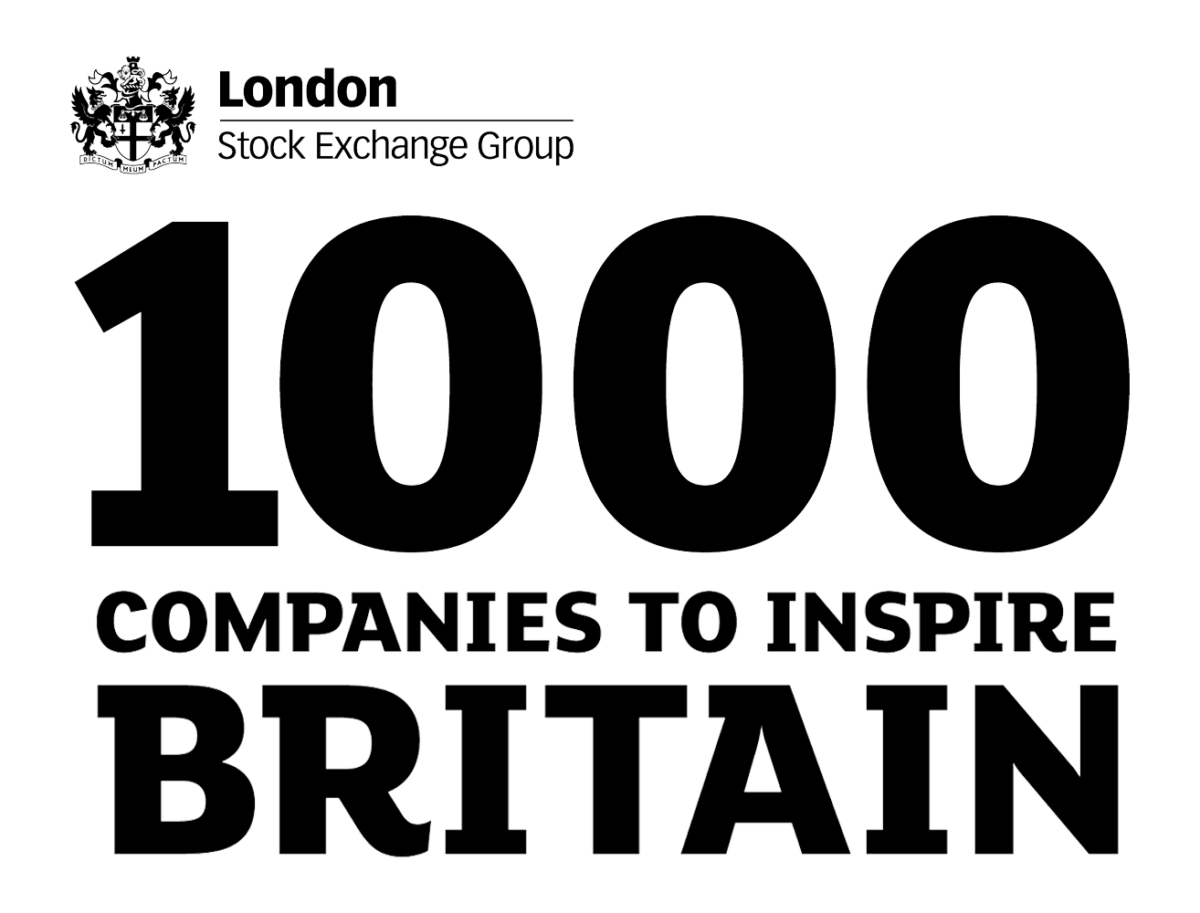
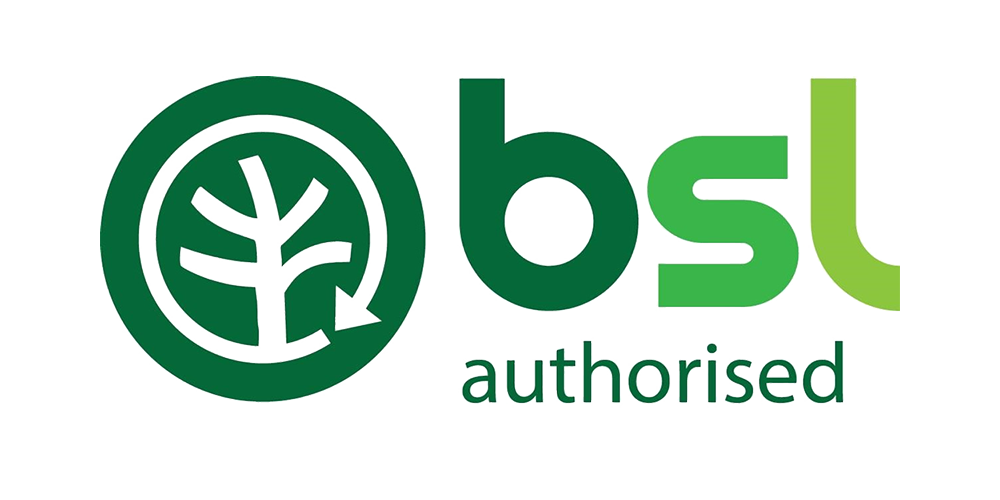



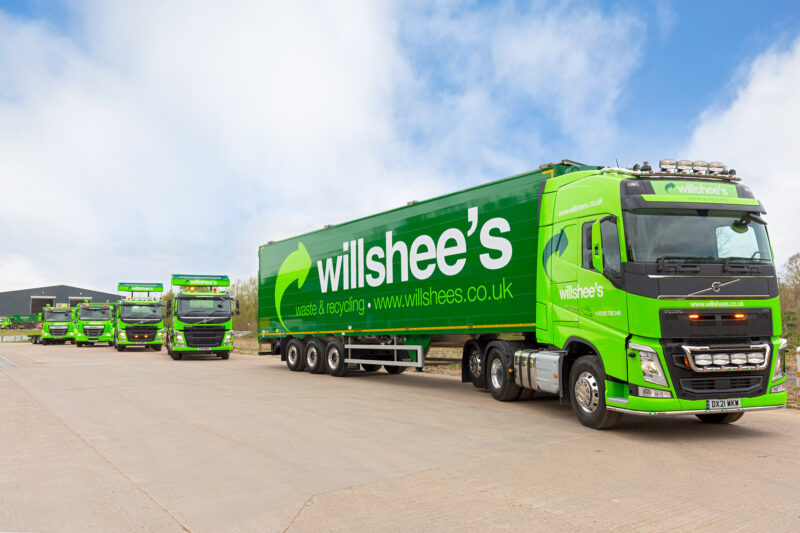
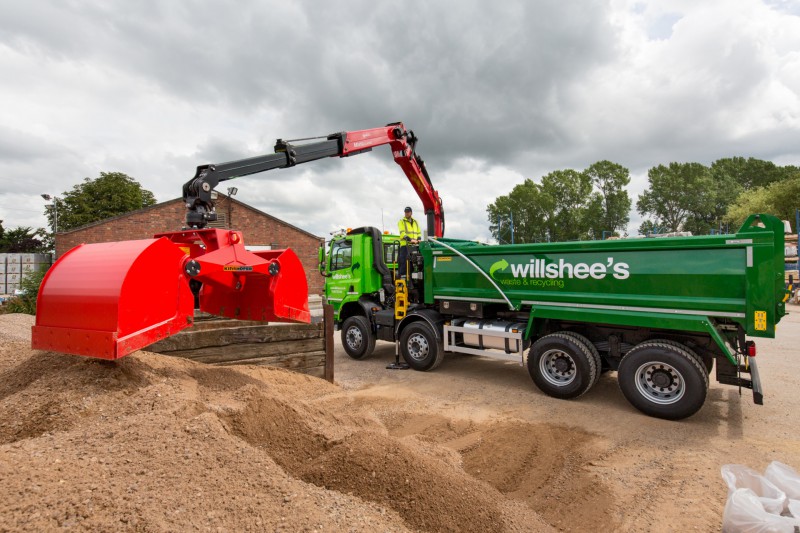

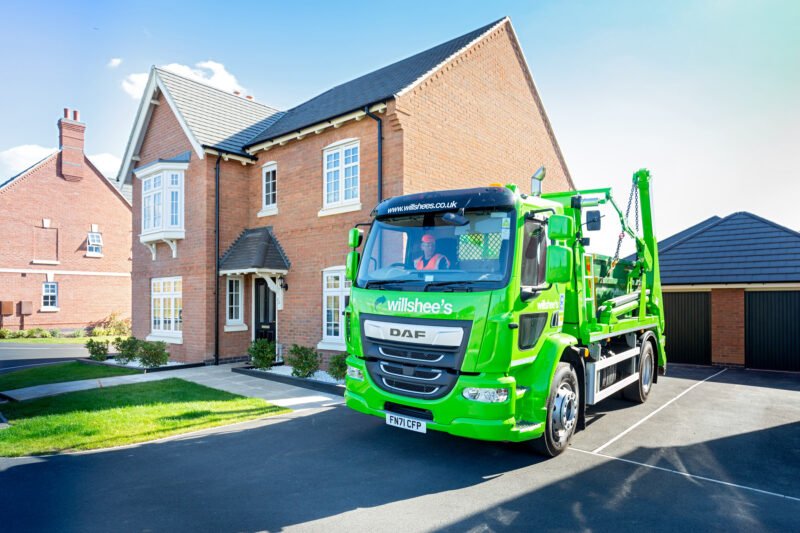
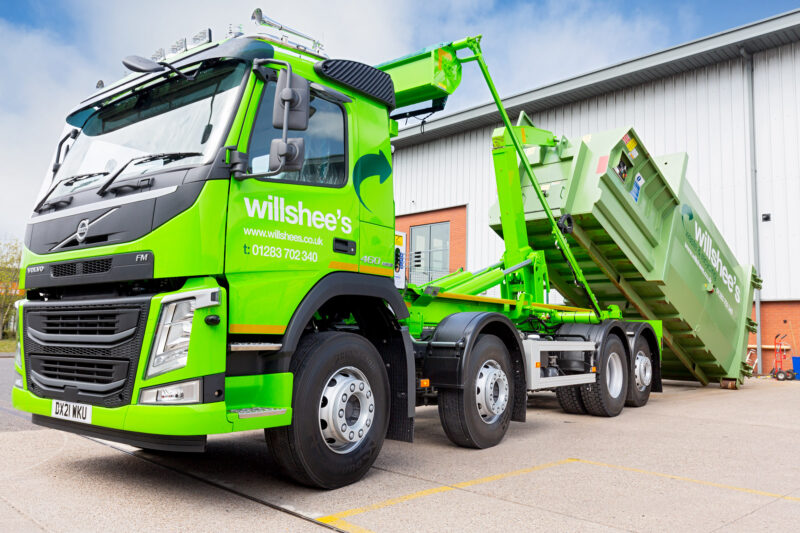
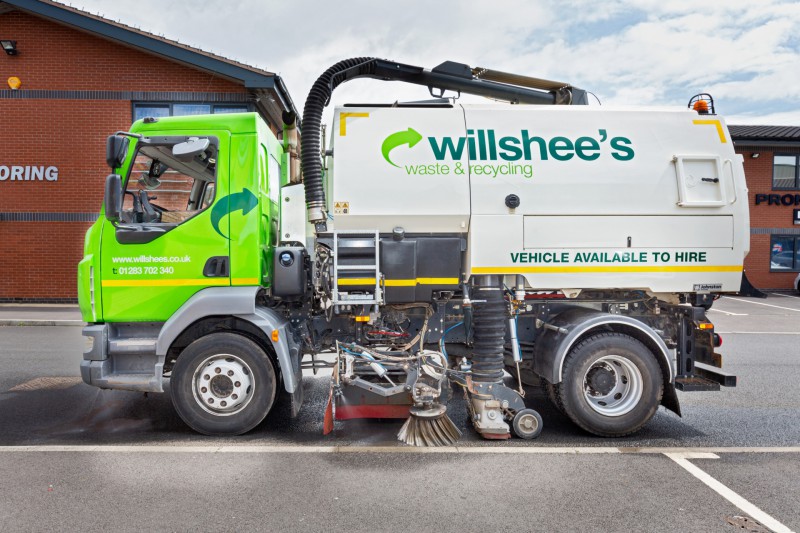
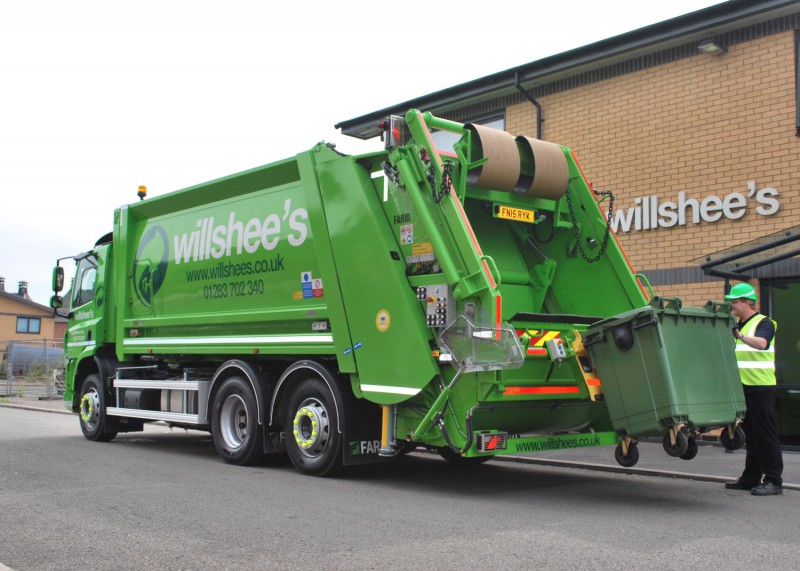
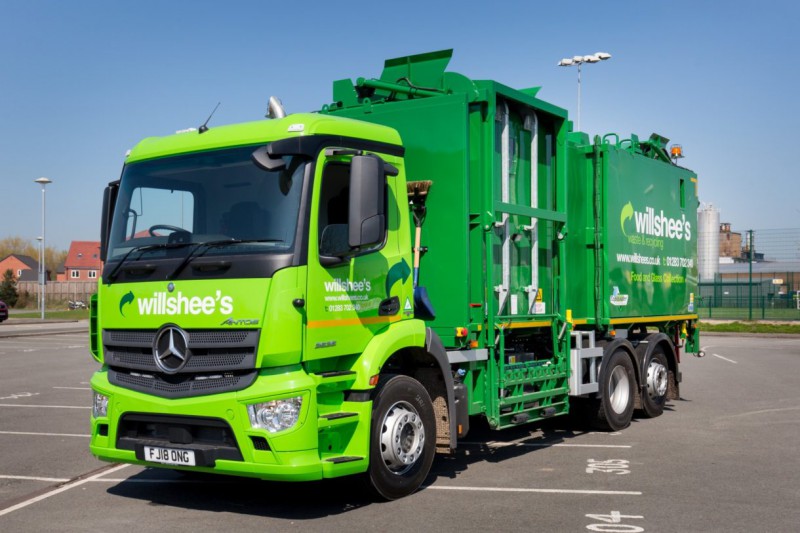
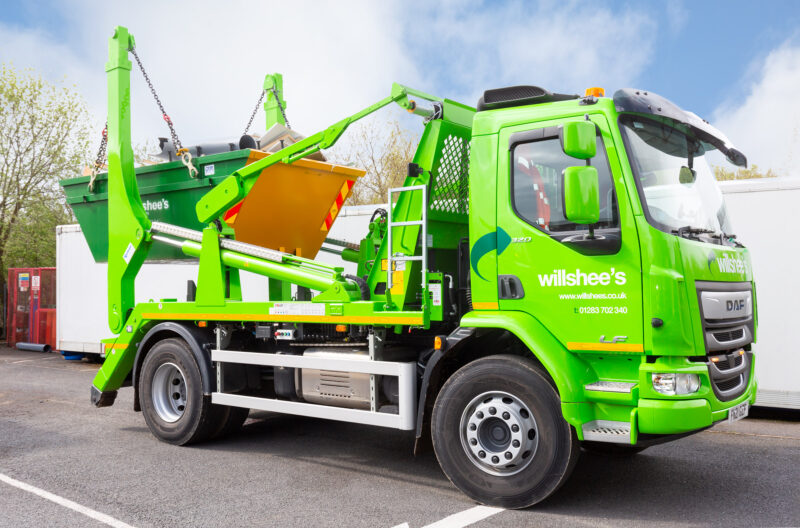
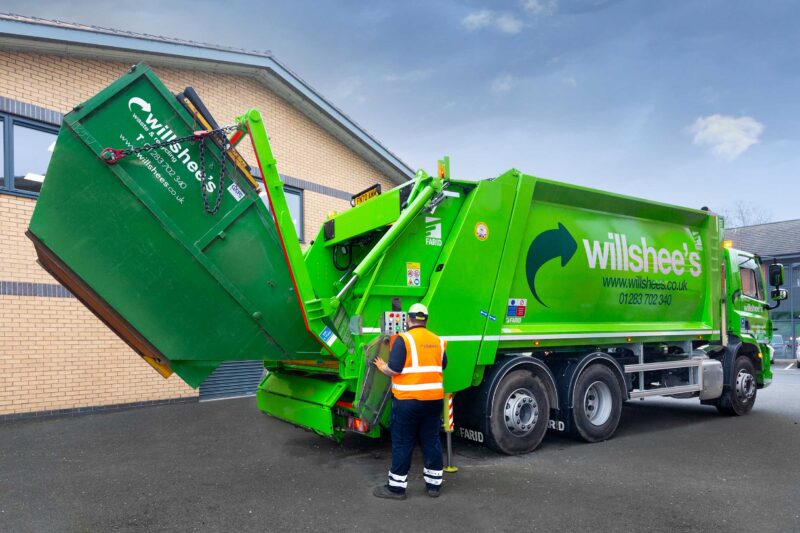
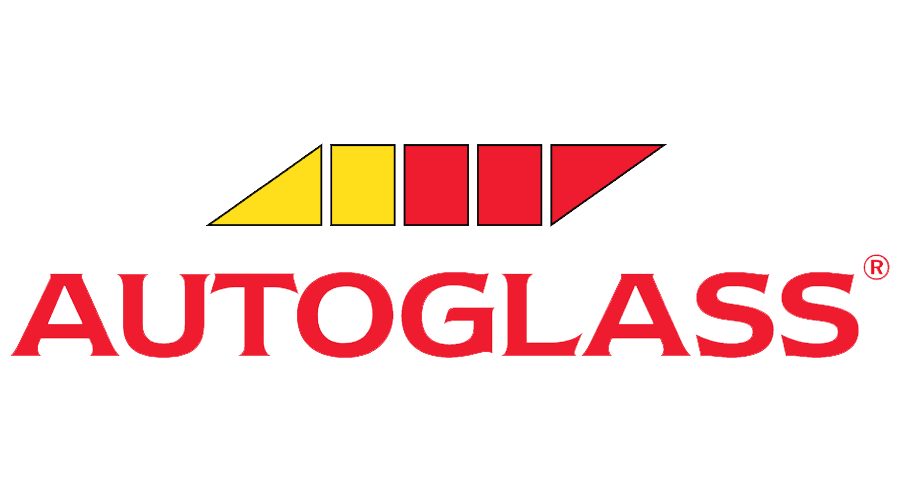
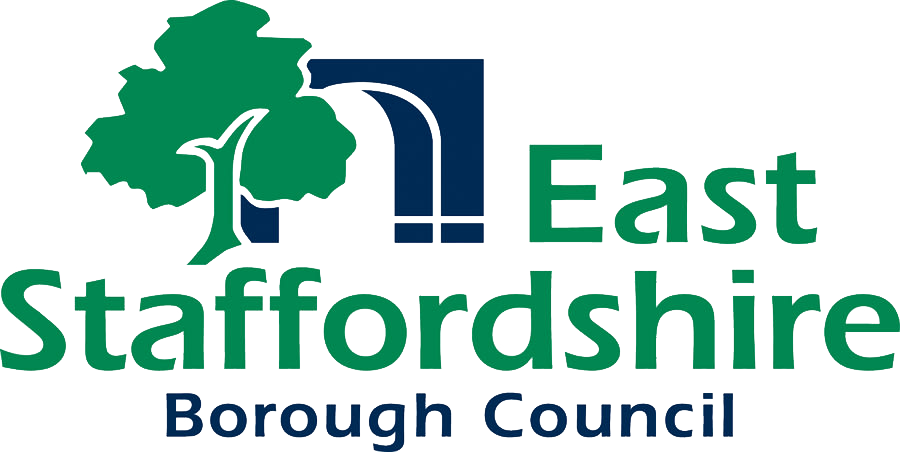

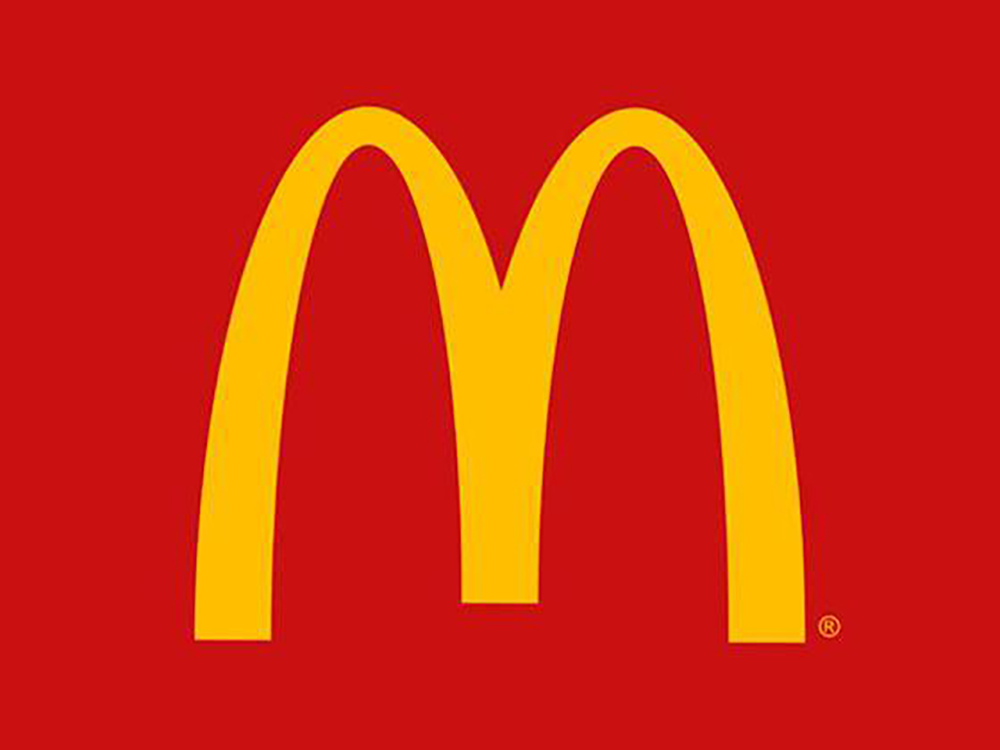
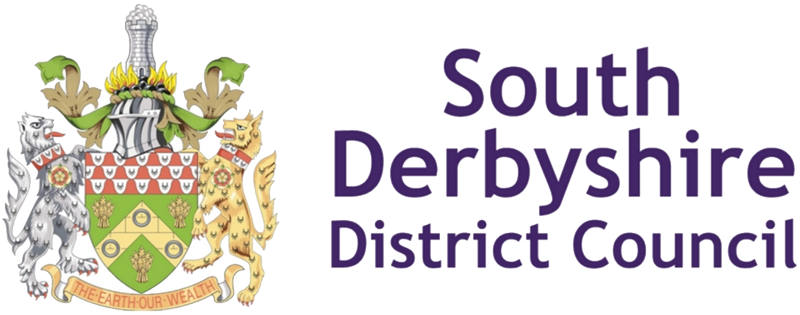
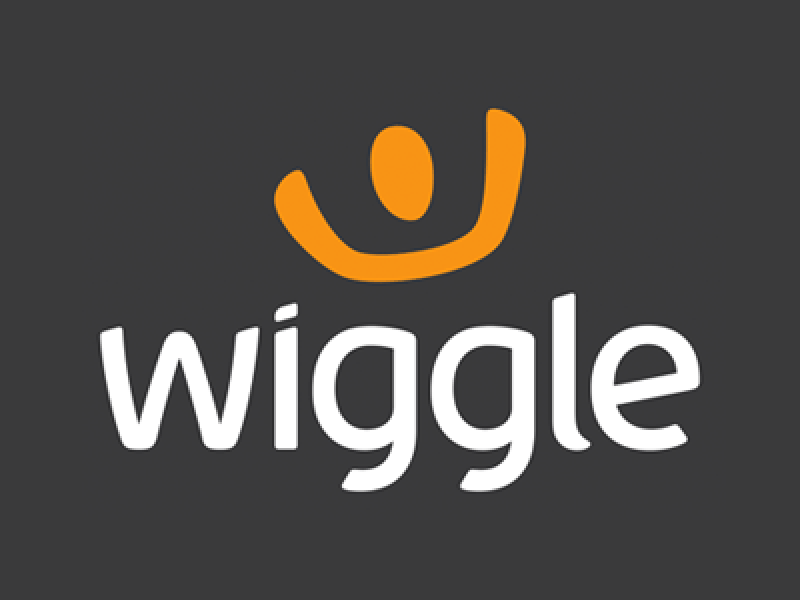
Social